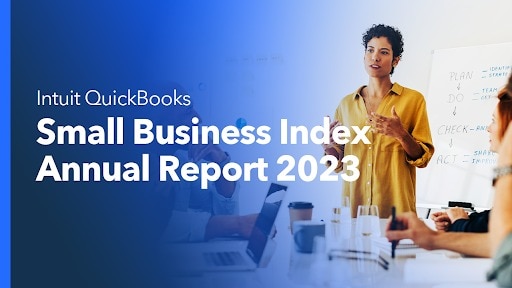4. Build a relationship with an accounting professional
Nearly half (47%) of small businesses in the US, Canada, and the UK say inflation is their number-one challenge. Paying an outsized or unexpected tax bill on top of rising costs can quickly deplete cash reserves and worsen financial strain.
Part of the strategy for resilience and prosperity over the next year for small businesses includes developing or maintaining a relationship with an accountant or bookkeeper. More than 8 in 10 small businesses across all three countries agree that their accounting professionals have helped them reduce the impact of inflation on the business.
When it comes to accurately keeping records updated on income, expenses, and deductions, hiring an accountant and outsourcing bookkeeping can save small businesses time and money. On average, small businesses estimate having an accountant saves them $39,000 each month.
Additionally, with the advancement of technology and the pressures of economic ebb and flow, accounting professionals are stepping up to deliver the full scope of support for their clients with a more strategic role. More than 81% of accountants say technology is helping to free up more time to become an advisory partner and many use that time to help small businesses find their own productivity gains — often through technology that manages business processes more efficiently.
Working with an accounting professional comes with many benefits, such as having a strategic business partner advising on how best to plan for the below.
- How to connect systems and avoid duplication with better use of technology.
- How to hedge against inflation and protect cash flow.
- How to read financial statements and plan for the future.
- How and when to borrow money to support growth plans.
- When to hire and whether you might need an HR advisor.
- How to stay on top of changing tax and payroll laws.


















